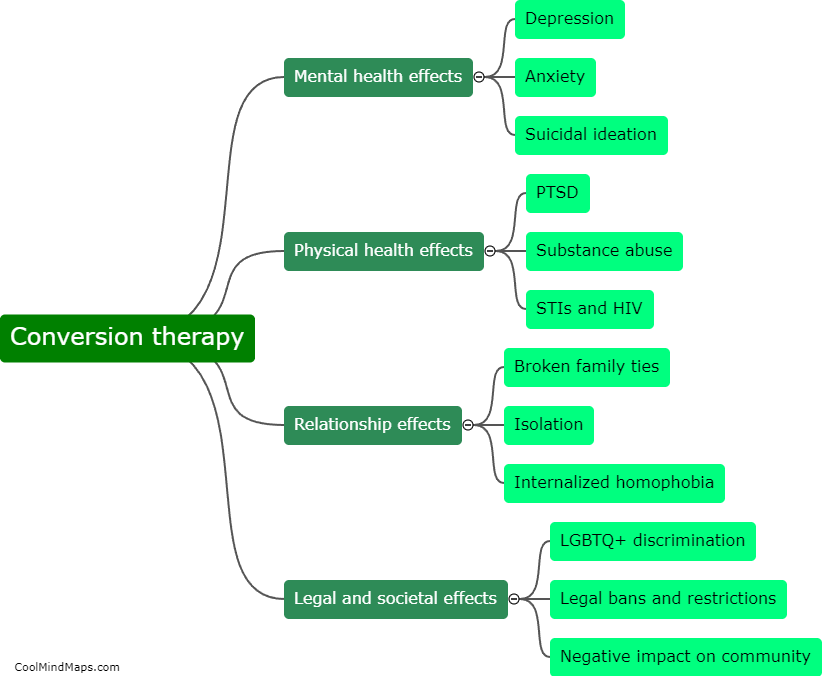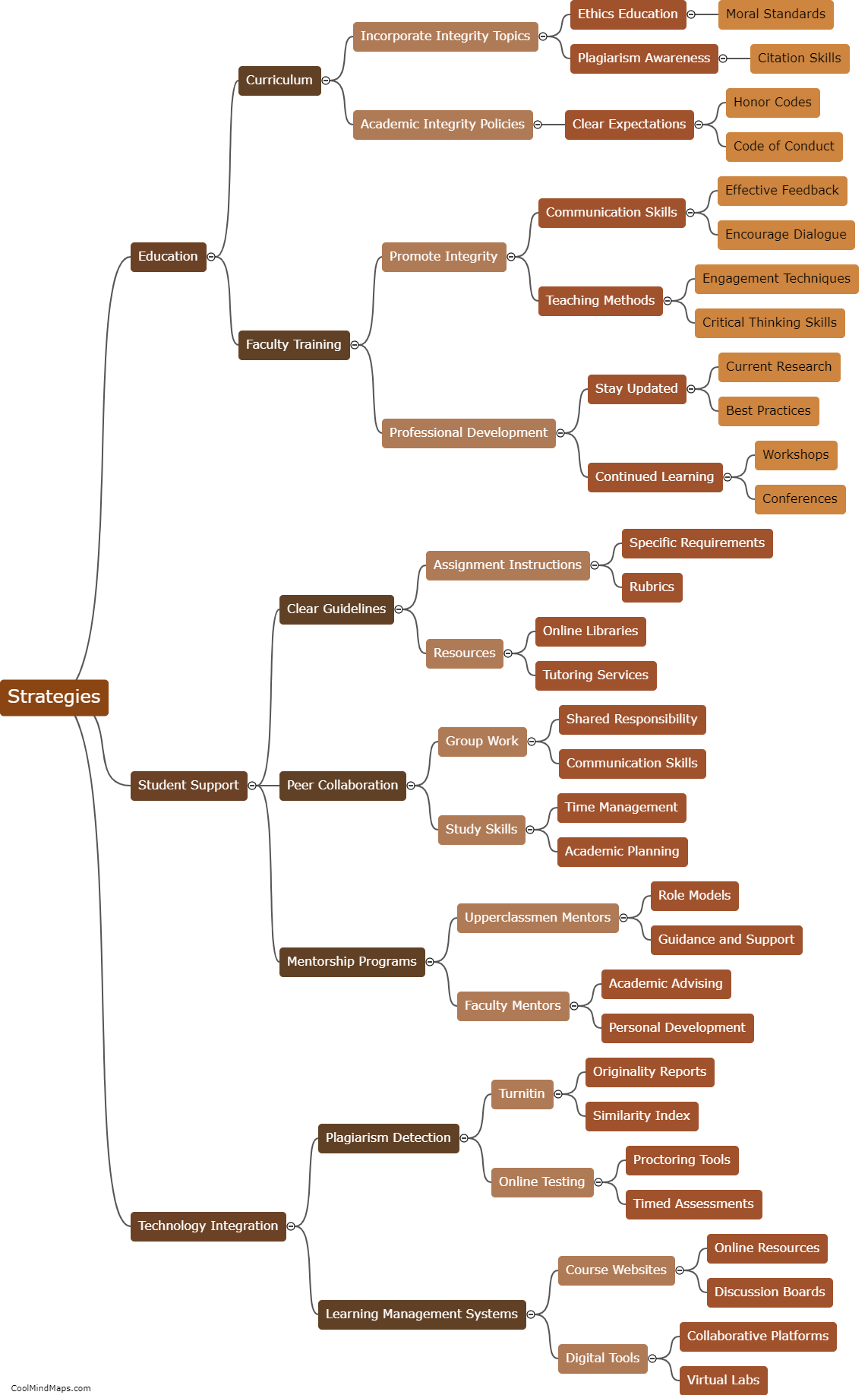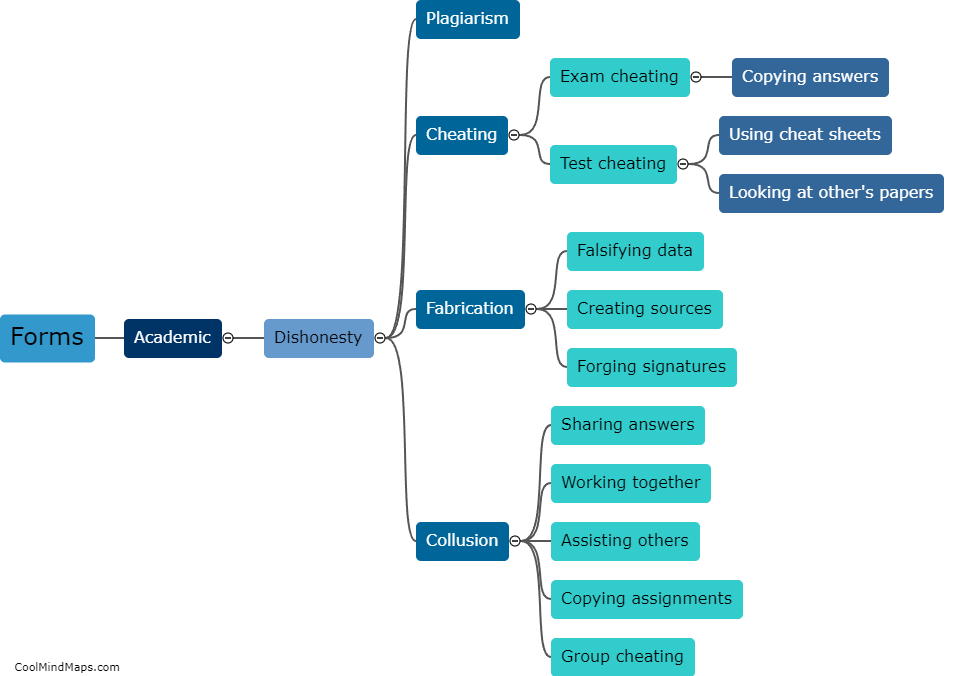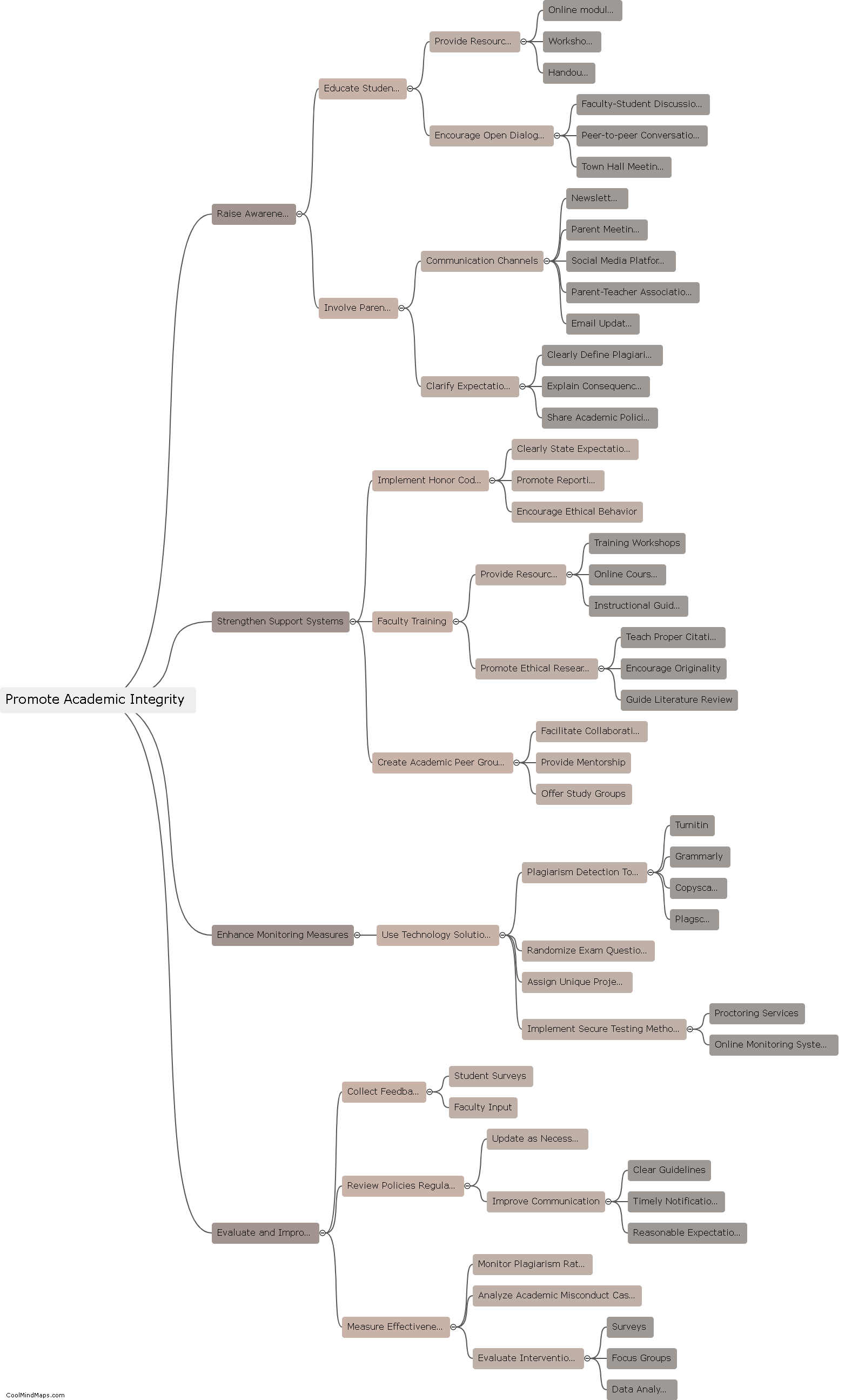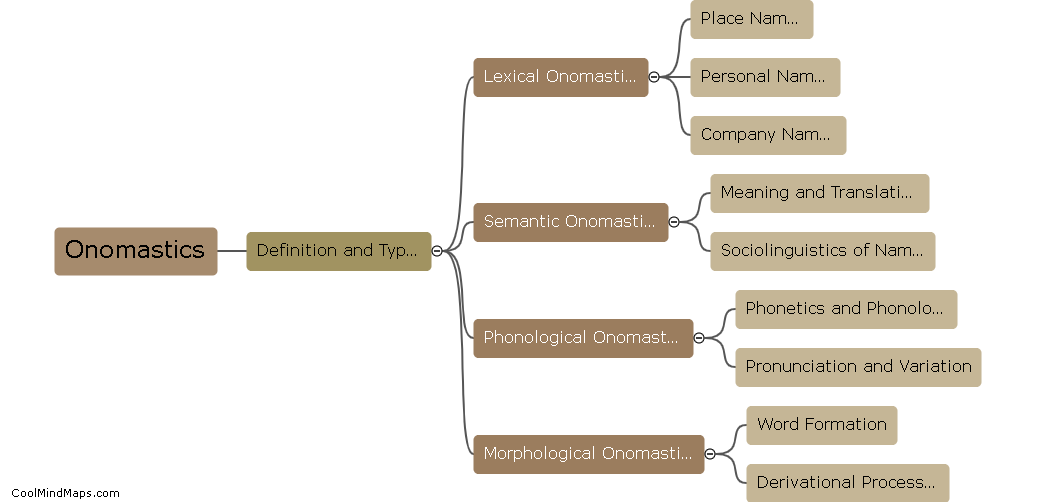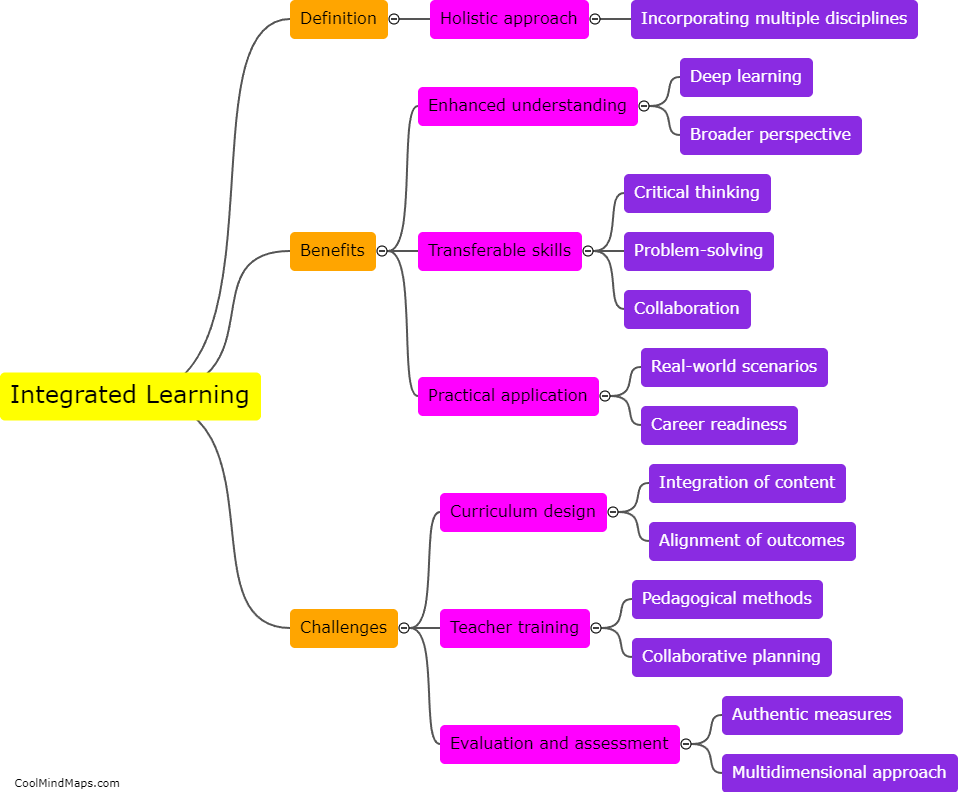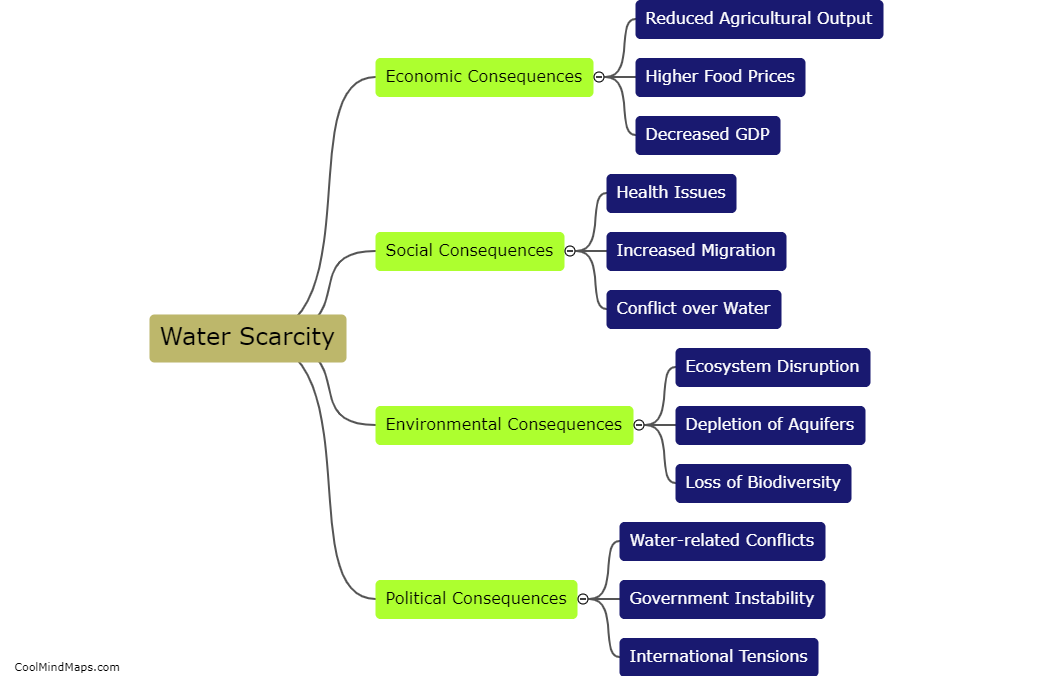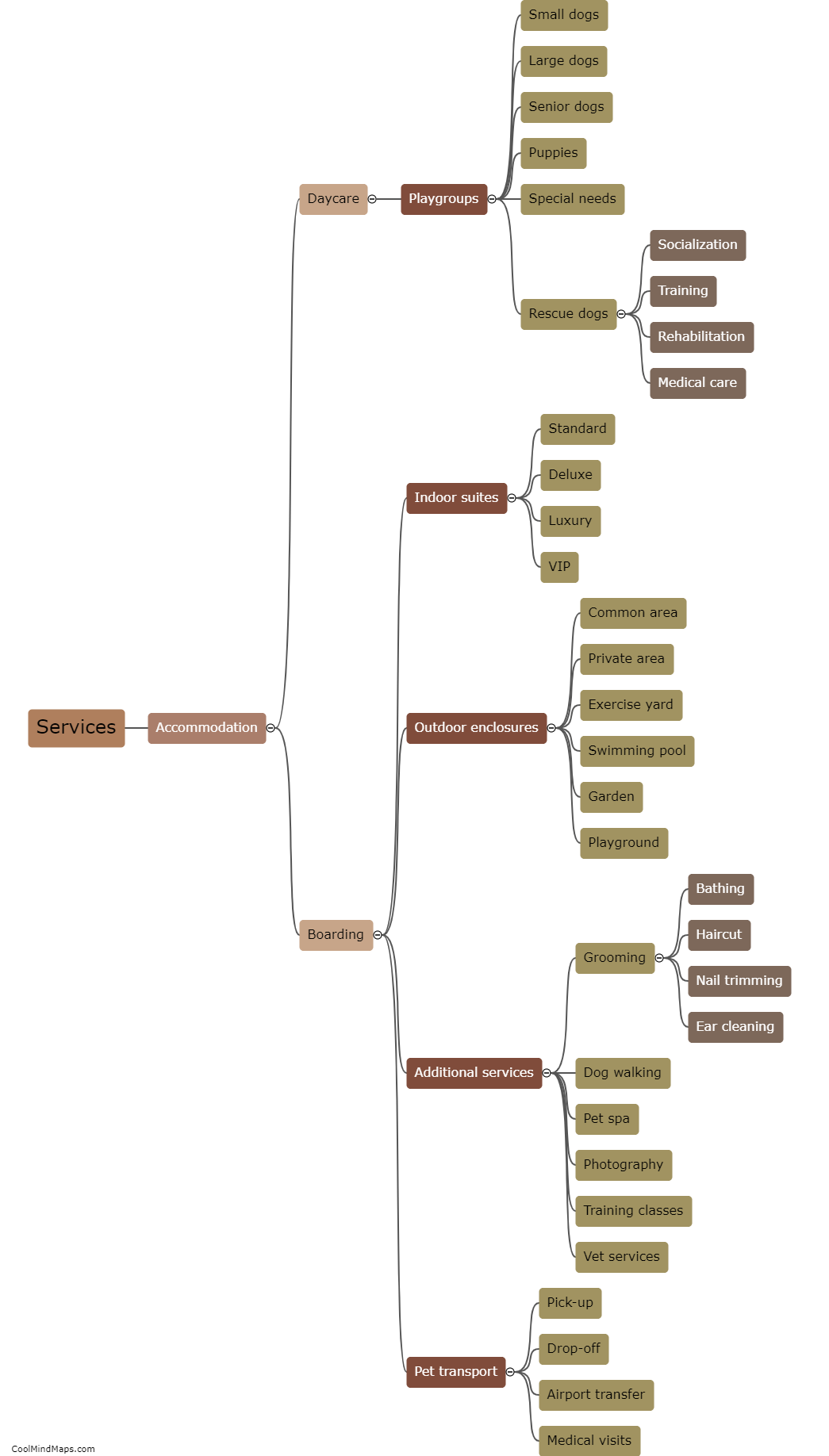What is academic fraud?
Academic fraud refers to any dishonest or unethical behavior carried out by students or academics in an educational setting with the intention of obtaining an unfair academic advantage. This can encompass a wide range of activities, including but not limited to cheating on exams, plagiarism, fabricating data or sources in research papers, unauthorized collaboration on assignments, and impersonation during exams or assignments. Academic fraud not only undermines the integrity of the educational environment but also detracts from the learning experience of students who engage in it, as they are deprived of the opportunity to develop critical thinking, research, and problem-solving skills. Educational institutions strictly condemn academic fraud and usually have clear policies in place to detect and address such misconduct.

This mind map was published on 26 October 2023 and has been viewed 156 times.


